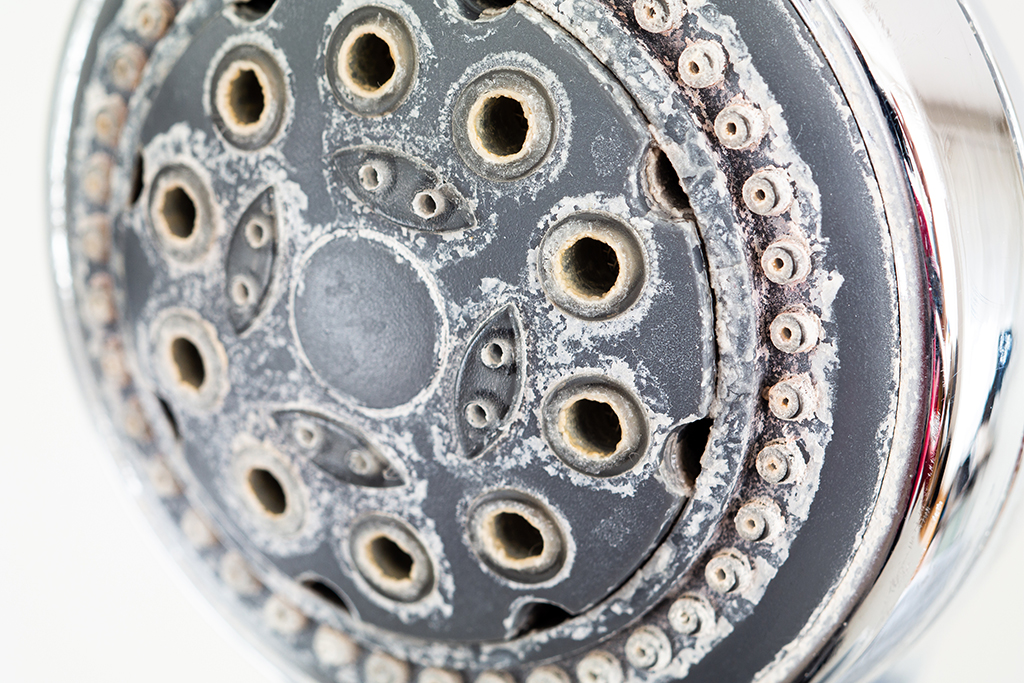It would interest you to know that about 85% of U.S. water is classified as hard. It is due to this reason that many households and organizations use water softeners. Although hard water is safe for your health since it carries essential minerals, it isn’t great for your plumbing. Understanding what hard water is and how it affects your plumbing will help you make a better decision on how to handle it with the help of an expert plumbing service.
What Is Hard Water?
Hard water is freshwater that contains a high mineral concentration, especially in calcium and magnesium. The minerals could come from groundwater absorption as water travels through the rocks to the distribution company and even the soil right near your home.
How Can You Spot Hard Water?
If you do not have plumbing service once in a while to maintain and care for your system, your pipes and faucets may fall prey to the adverse effects of hard water. Some of the easiest ways to spot hard water include:
- Scaly residue on your dishes and utensils
- A white powdery or flaky build-up on your showerheads
- Discolored clothing
- Nozzles that spray in strange or all directions
- Clogged sinks, bathtub drainage
Effects Of Hard Water On Your Plumbing
Although hard water won’t make you ill, it will ruin your plumbing. Repeated exposure to hard water will eventually cause build-ups that will affect your plumbing systems and the quality of water. Here are some effects of hard water on your St. Petersburg, FL home plumbing:
- Clogging Pipes
When hard water goes through your pipes, an accumulation of calcium is left behind. Over time, this causes a build-up inside and around your pipes. The more you run water through your taps and drains, the residues stick onto each other and eventually clog your pipes. Over time, this will narrow the pipe radius and cause a pressure increase that may result in backflow.
The residual build-up depends on how hard the water is. This means, the higher the mineral content in your water supply, the faster the build-up in your pipes.
- Interrupting Water Sprayers
Showerheads and other nozzles develop a visible build-up of residue. The tiny holes on them that let out water clog even faster compared to wider pipes. Cleaning them can be difficult and tiresome because the residue deposits itself very fast.
When more spray jets close, the few left can only allow very little water through. The pressure from the water in the pipe causes it to shoot through in different directions because the jets are partially clogged.
- Corrosion
When the minerals in hard water come into contact with certain types of metal pipes, chemical reactions start to take place. The metal may have properties that allow it to bond with calcium or magnesium. This reaction eats away your pipes.
The corrosion may then lead to cracking or breakage of the pipes, which then leads to leaks or discolored water. If plumbing service is not done on the system and the pipe repaired, it may lead to disintegration or entire sections of your plumbing system.
- High Water Bills
When you start to notice a spike in your utility bills, hard water may be responsible for some of it. With pipes clogging, pressure increases and forces the water to move to other places in your home because your faucet does not allow as much water to get through. It may also lead to bursts in your pipes due to corrosion causing water leaks. Have a plumber take a look to determine where the leaks are and the best measures to prevent such an occurrence.
- Increased Soap Residue
Hard water makes the use of soap and detergents less effective, increasing the need to use more when cleaning. However, because soap also has small amounts of animal fats, these residues could accumulate in your dishwasher, laundry machine, or drain and release bad odors over time. Getting in touch with a plumbing service to help soften your home water will not only deal with the soap residue but also reduce the need for using more soap.
- Discoloration
As we have seen, it is challenging for soap to lather with hard water due to its mineral content. This makes removing oils, dirt, foods, and other substances difficult. Other than the appliances, your utensils and clothes may also start showing signs of discoloration, and the stains may also become more difficult to get rid of. Contact a plumbing service for expert advice on the best water softeners for your home.
- Water Heater Damage
Hard water does not easily heat up. This puts a heavier load on your water heater, forcing it to work harder and longer. Corrosion caused by the minerals in the hard water also reduces your water heaters’ lifespan. Water softeners will help you extend your water heaters’ useful life. A professional plumbing service company can help you decide on the preferable water softeners for your St. Petersburg, FL home.
- Wear And Tear
With residue build-up from hard water in your appliances, drains, spray jets, and connections, water may collect in these spaces and cause a favorable environment for corrosion, odors, molds, dirt particles, and other unwanted substances.
Additionally, you overwork most of your cleaning appliances because of the inefficiency of hard water. This not only affects their lifespan but could also lead to sudden components’ breakdown.
- Aesthetics
Hard water scum and other residues are not a good sight to behold, which leaves behind an unsatisfactory feeling after cleaning. For this reason, it is important to have a plumbing service company soften your water and clean up all the residual effects of hard water on your plumbing system.
At Drain Flo Plumbing, we are the best plumbing service in St. Petersburg, FL. We’re an all-in-one plumbing company with guaranteed satisfaction and competitive rates. Our services include pipe locating, Re-piping, septic services, sewer stoppages, and water heater repair and installation, among many more services. Get in touch with us today for more information about our plumbing services.



